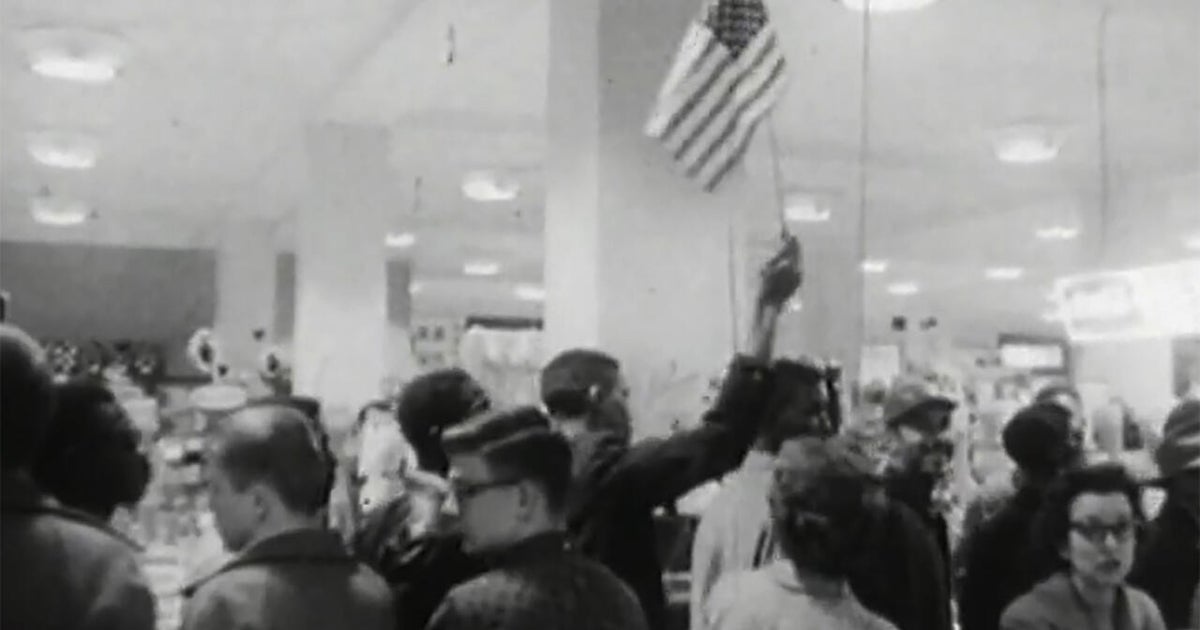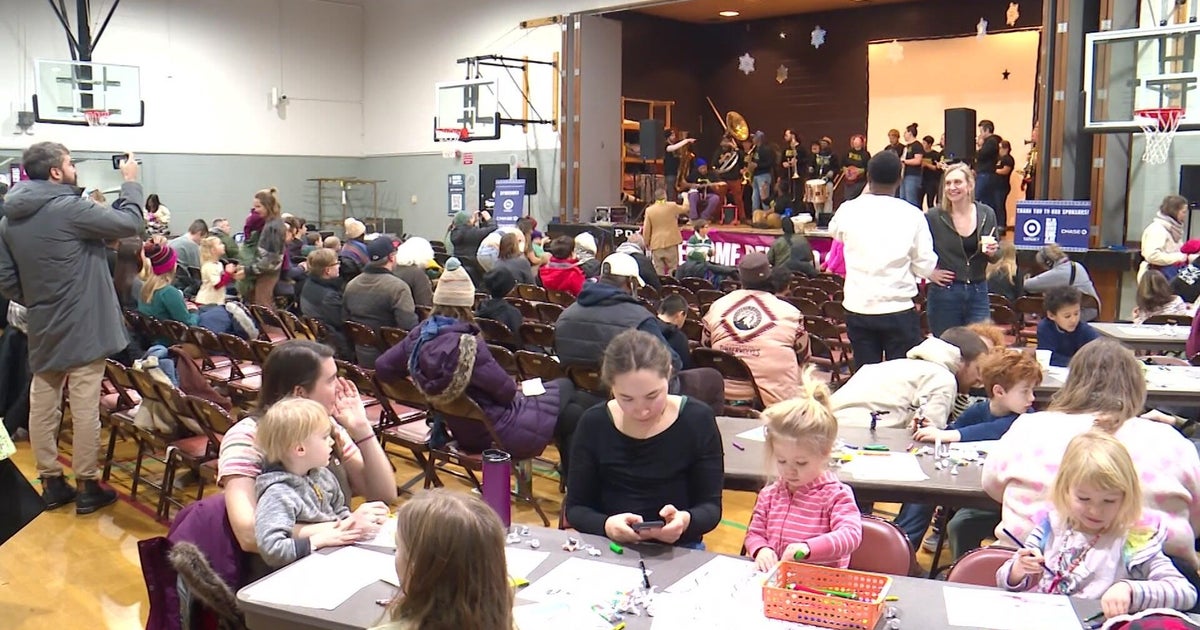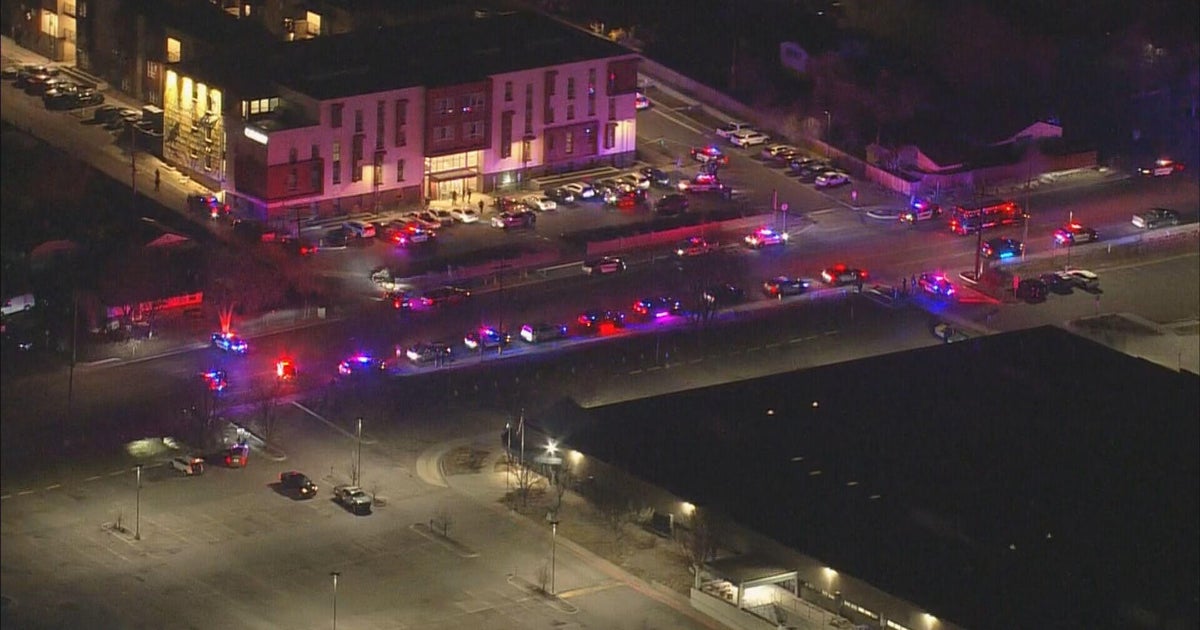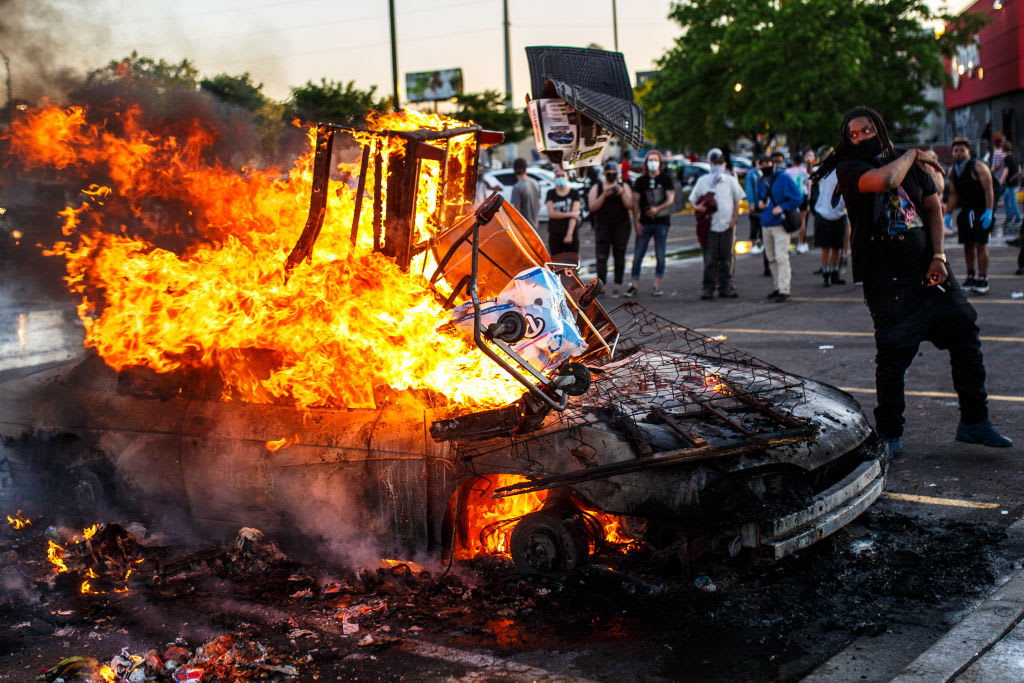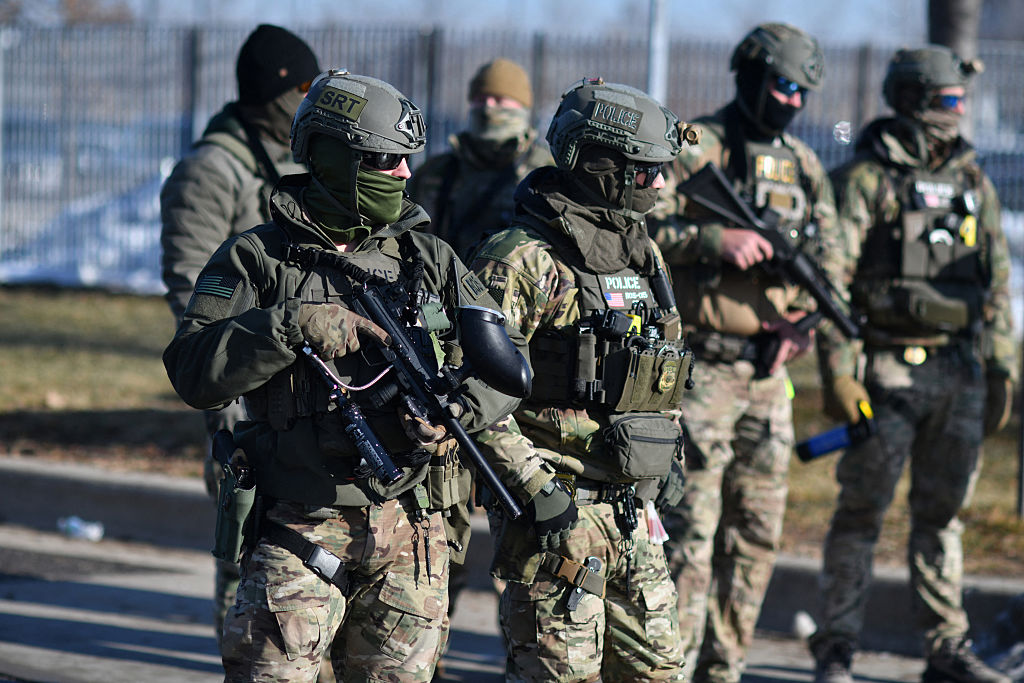How the killings of two Black sons ignited social justice movements
Charles M. Blow is a columnist for The New York Times, and author of "The Devil You Know: A Black Power Manifesto" (HarperCollins).
It was the killing of Emmett Till that Rosa Parks said she was thinking about when she refused to give up her seat on that bus. It was the killing of Trayvon Martin that set off waves of protests that grew for a decade, and culminated in the massive, global "Summer of Protest" after the murder of George Floyd.
Ten years ago this month, Martin was killed by neighborhood vigilante George Zimmerman in a Sanford, Fla., apartment complex.
At the time, I published a column in The New York Times entitled, "The Curious Case of Trayvon Martin." I interviewed Martin's mother, Sybrina Fulton, by phone for that column. She was still in shock and disbelief.
A few days later, on a Wednesday, activists organized the Million Hoodies March in New York. That Friday, President Barack Obama famously said, "If I had a son, he'd look like Trayvon." The next day I interviewed Fulton in person in Miami for another column.
That is when I first noticed in Fulton what I would come to see in other so-called "Mothers of the Movement": The rapid emotional vacillations between crying and laughing, these women being reluctantly formed into leaders when all they really wanted to do was go home and grieve.
As Tamir Rice's mother told me when I first interviewed her: "I'm tired, and I'm overwhelmed, and I just want to go to bed."
Or, as Sam DuBose's mother told me when I first met her: "All I want to do is just shut my door and cover up and never open it again."
These were the women with tears on their cheeks but steel in their spines, insisting that the world register the magnitude of what had been done.
When George Zimmerman was found not guilty of murdering Martin, the hashtag – and the movement – #BlackLivesMatter was born.
And it is all because of his mother. Her fortitude and determination made it possible. As in Till's case, Martin's killer was not convicted. The victory was not in the moment, but in the offing. Something about both cases struck like a bell in America.
Trayvon had not survived his encounter, but his legacy survived, in rallying cries and whispers. The killing of Trayvon Martin cleaved this new era of civil rights into "before" and "after." The death of the boy wearing the hoodie and carrying the candy changed the world.
More by the author:
- Charles M. Blow on when the media gives a platform to hate
- Charles Blow on the greatest threat to our democracy: White supremacy
- Memories of the 1921 Tulsa Massacre
- Charles M. Blow on race and the power held by police
- Charles M. Blow on Derek Chauvin trial: "This time … history would not be repeated"
For more info:
Story produced by Robbyn McFadden. Editor: George Pozderec.
